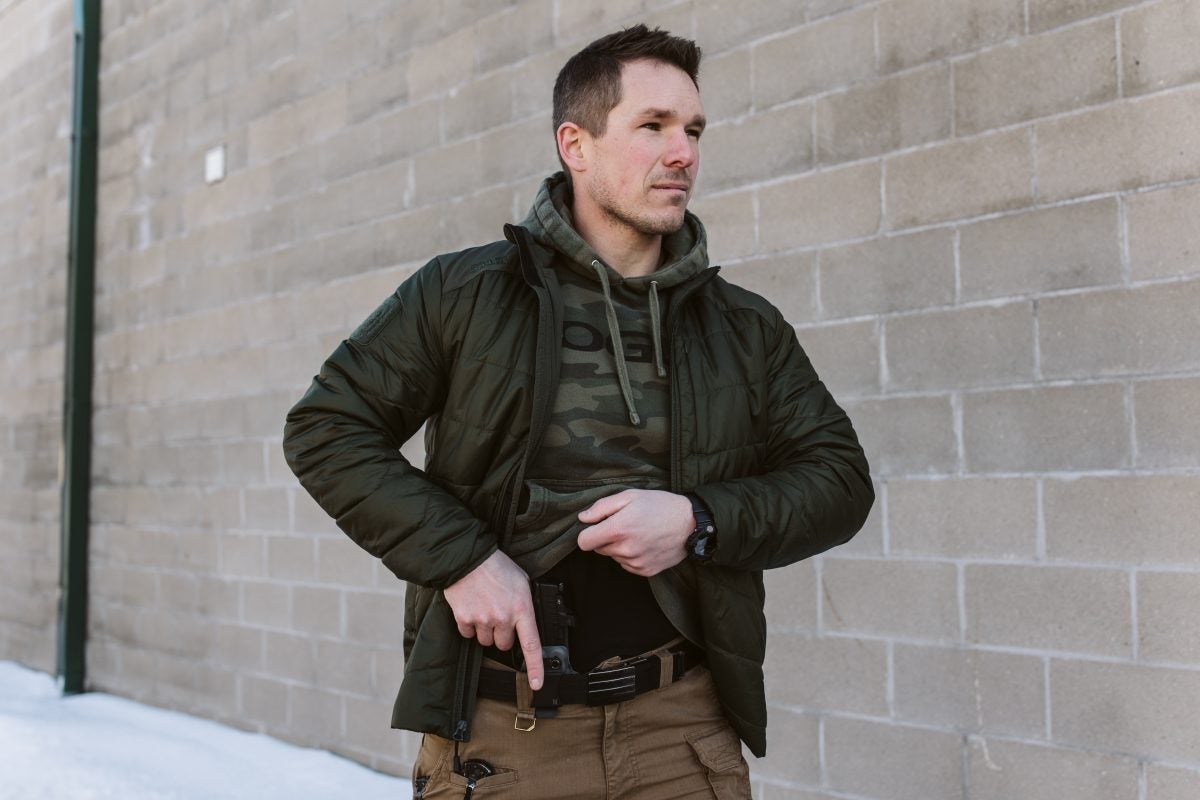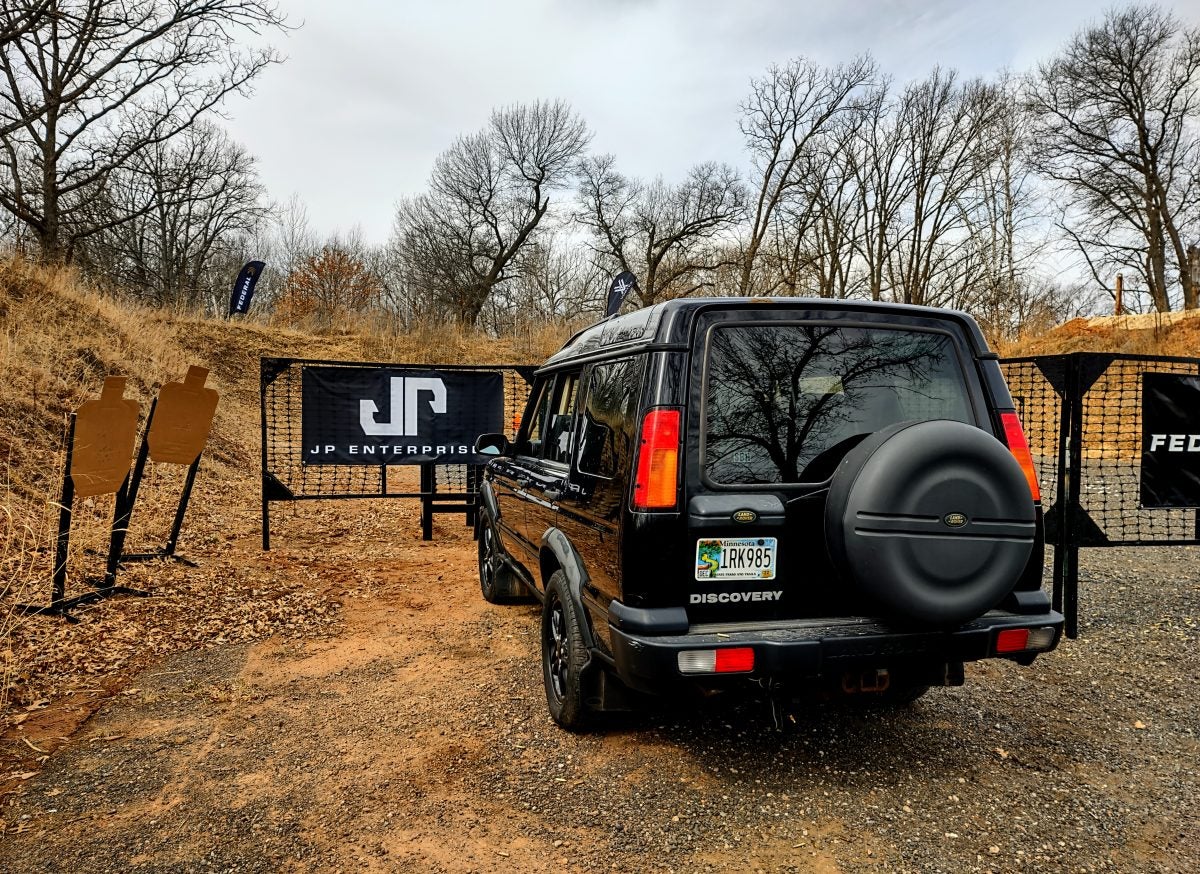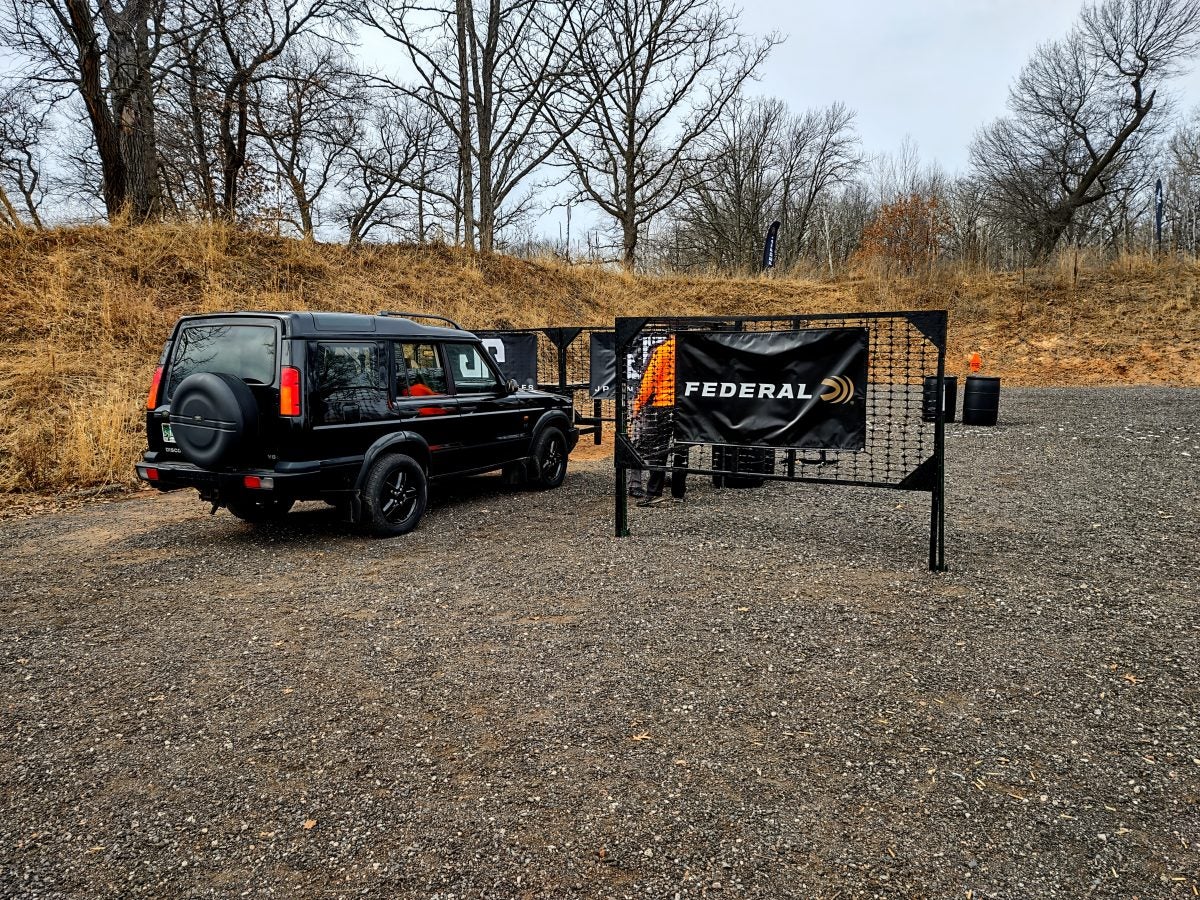Teaching Others About Firearms – The Dreaded “E” Word: Ethics
Phil Godding 04.18.22

At some point in your teaching, training or hanging out talking about firearms like the term “ethics” will appear in a conversation. Well, the word isn’t really used all that often, but the synonyms abound. People confuse rights, morals, laws, etc, when I speak of ethics. It is also true that sometimes, rather than argue semantics, I use their language and just make sure we cover the content. I will own that decision.
When I state something like “let’s consider the ethics of carrying a pistol in a public place” you can just see eyes glaze over and ear holes spontaneously fill with wax, but this is the most important part of my presentation – or your garage conversation – regarding carrying a firearm on your person or having one tucked within easy reach in your home.
Ethics is all about the rules that govern one’s behavior, activity or thought process. The thought process is deceptively simple: bad guy kicks in door and good guy protects with a gun what the door could not. But what was that decision based on?… I like the writing of Massad Ayoob, Dr. Will Dabbs, John Connor, or any number of other writers when it comes to this topic. They have clearly thought about who and what to protect. They have had an opportunity to put their ethics into play and are now willing to live or die based on thought and experience.
The Dreaded “E” Word: Ethics
First definitions: ethics tends to be defined by the rules or code of conduct of an organization that all members should or must follow. It is true you don’t have to be a member of the organization and then you don’t have to follow the ethical code: BUT most people – including law enforcement, prosecutors and courts – will assume that if you are/or should have been affiliated with a group or activity in any way you should be held to those rules of conduct. For example, I am a licensed psychologist (among other things), but I don’t belong to any national professional groups. Nonetheless, if I were to have my professional behavior called into question it is those national standards that would be applied. Or, you may not be an NRA member, but if your behavior was called into question by LE or the courts, one standard you would be held up to for scrutiny would be the NRA ethics and rules of behavior. Fair or not, that is how “deciders” [think judges and attorneys] operate.

By contrast, morals is about the distinction between right and wrong behavior held by a specific person or group of individuals. Moral behavior can overlap with ethics, but sometimes they are strikingly different. For example, you could be an NRA member AND a person with passivist moral groundings. Please roll your eyes back into the front position. There are conflicting allegiances to ethics, morals, and laws that happen all the time. Prepare for another eye roll: I would assert it is the ability to hold two conflicting thoughts or ideals in your head at any one time that makes a person mature and thoughtful. Just for fun try to think of the conflicting ideals you hold to be true – my editor says to avoid politics and religion so I’ll let you engage in your own eye roll exercises before we continue. Now that you can focus your eyes again we will continue: from here on out I’ll conflate ethics, morals, morality.
Ethics, morals and codified law can be a heady experience where one cites philosophers, legal passages, or even the Bible as a basis for one’s thoughts and behaviors. I remember the first time I saw a student realize that she would have to negotiate conflicting ethical guidelines in order to bridge two disciples. Tears, for sure. When faced with a break in or carjacking there isn’t time to go through a decision tree or re-read a section of the civil code or even Hippocrates. For you instructors, your students will end up in grievous harm before he/she has reached a decision if they don’t have a sound reasoning for their behavior. It needs to be pre-thought and pre-practiced.
Ethics can be something more “base” (I’m trying to be diplomatic here) and what I often hear is “shoot first” or “let God sort it out” or “I’d rather be judged by six…” All of these are more like a creed or slogan that validates what the person had fully intended to do anyway. Your student will likely end up in grievous harm with little ability to counter the hard questions of a police officer or district attorney.

Ethics can have multiple meanings, descriptors of moral reasoning, and even levels underneath each ethical position. I don’t find the “wolf versus sheeple” discussion all that helpful because it oversimplifies a complex topic. Moreover, that position assumes everyone will find an answer and apply the same answer in all situations no matter the circumstances. So, what to do in your class, garage, or kitchen table? Ask questions.
- How do you make important decisions?
- What consequences do you think are important when making an ethical decision?
- How fast could you reach a decision in a crisis, in a dark home or car, with your heart pounding?
- How would you cope if you made the wrong decision?
- Is your bank account part of the decision making?
- Is your spouse or children part of your decision making?
Gun writers, legal experts, and most thoughtful people have concluded that what is ethical will change depending on your risk tolerance and who you have with you at the time. Faced with your own life or death situation you may respond one way; adding a spouse, children, or grandchildren in the setting often changes the calculus – sometimes in surprising ways.
All I want to point out is that every good instructor needs to be ready to broach the topic of ethics and morals. The vast majority of our students will not have even considered the idea of ethics and morals and will recite over simplified rationale for their behavior. Our job – as instructors – is to help them identify what their thought processes are, where the flaws might be in their thinking and what consequences might be for their conclusions.
I personally rethink the basis of my behavior on an annual basis. I engage in this thought process with my spouse, family, and friends. I urge my students to consider why they take their actions and how they would prove to a judge or jury that they followed the ethics or morals they claim to adhere to when they are under stress. What organizations, creeds, laws or moral codes will they be held against in the even they pull the trigger. Eye rolls are usually the first response, but seldom the second response of a thoughtful person.
